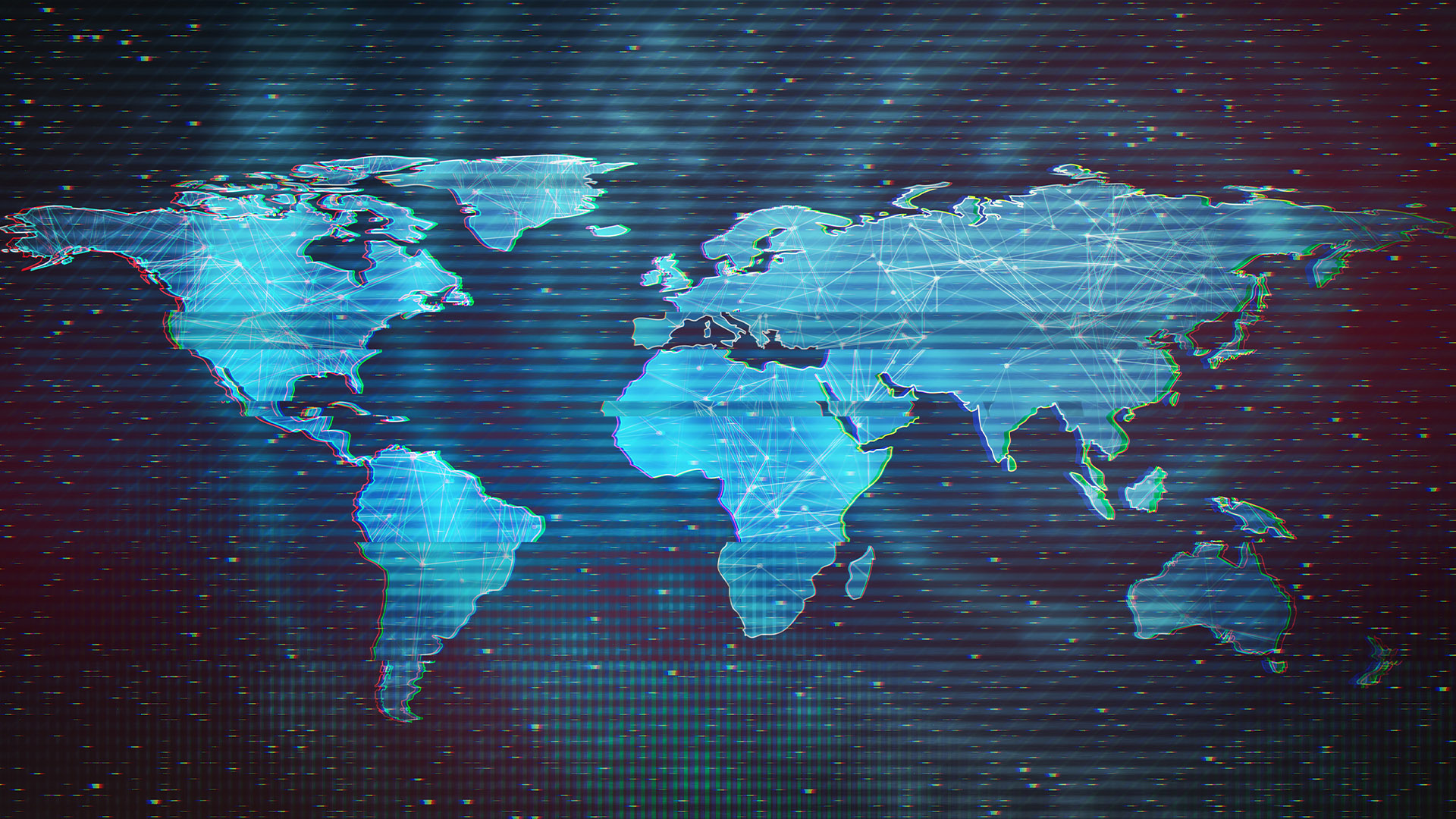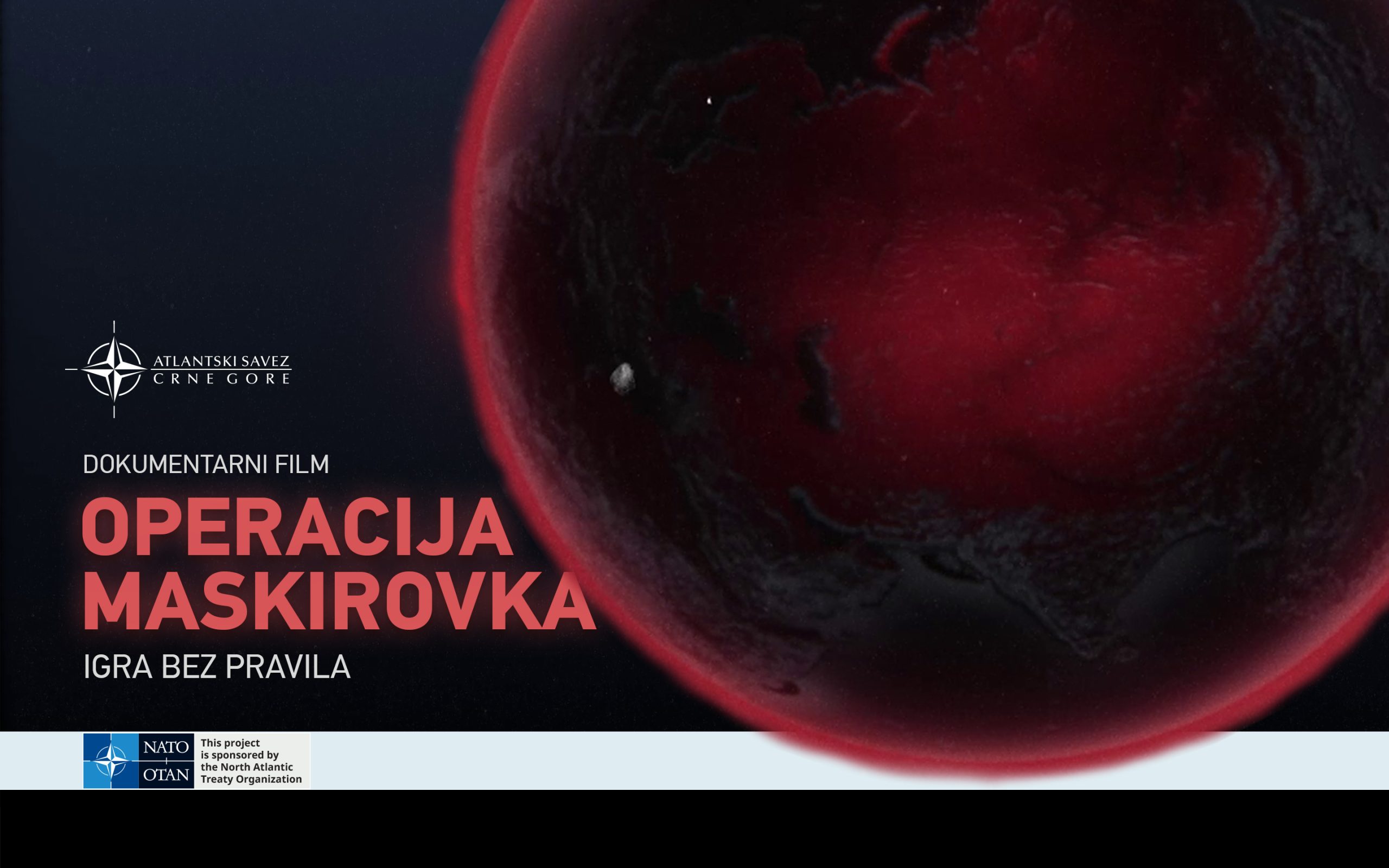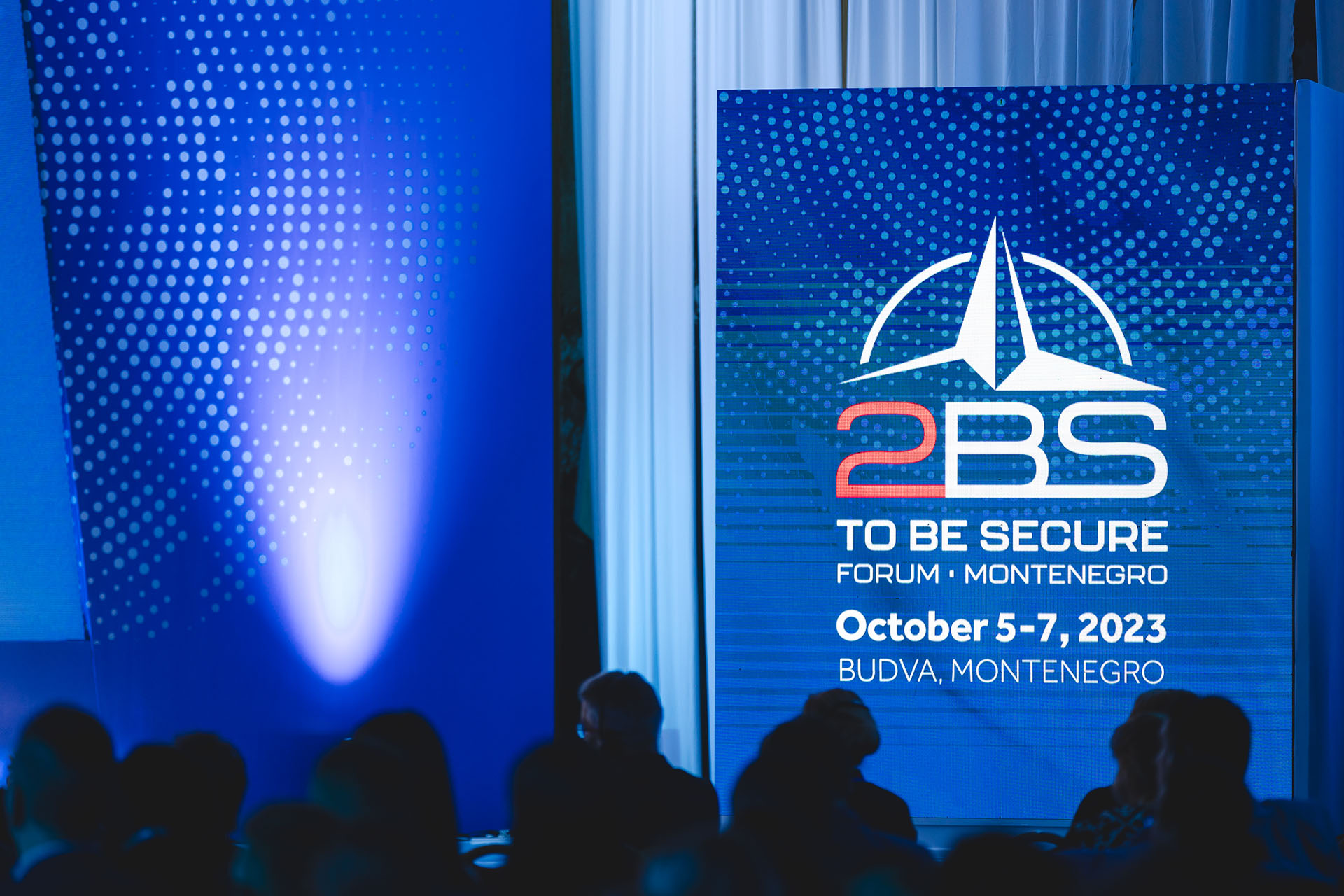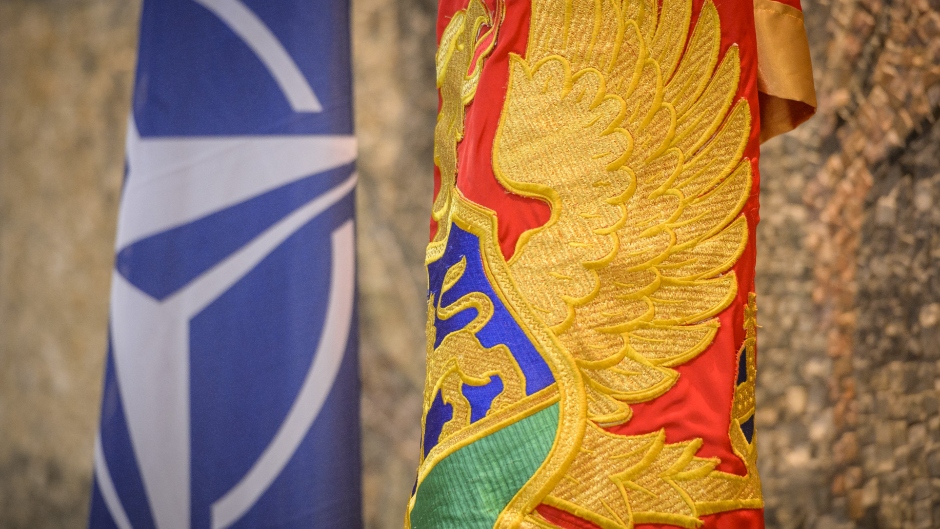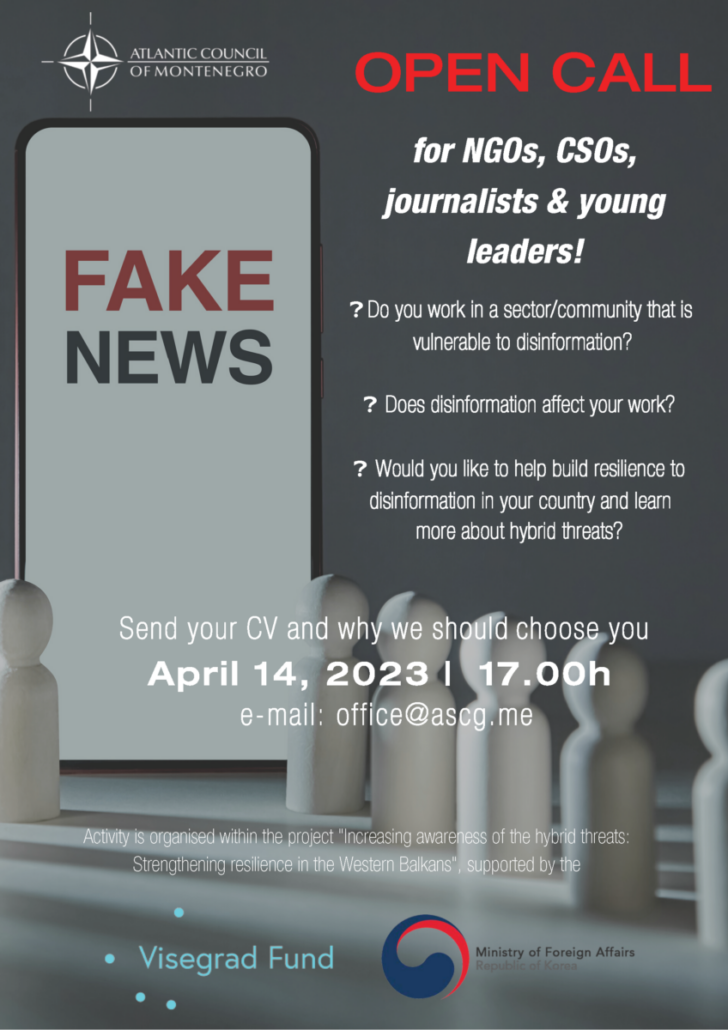Education is the only way for societies to fight disinformation in the long run, a dangerous phenomenon that causes serious damage to all countries – was concluded on the panel dedicated to the fight against disinformation, organized within the jubilee tenth 2BS Forum, held on December 11.
Milan Jovanović, from the Digital Forensic Center, believes that the existence of political will and understanding of key decision-makers about the negative implications of this phenomenon is crucial for the success of the fight against fake news in all societies. No fact-checking organization can deal with such a complex phenomenon on its own. The answer must be multi-sectoral, ie it must include the cooperation of fact-checking organizations, the media, but it must also be on the political agenda, he pointed out.
Recalling that disinformation has existed since the language itself, Jovanovic said that, thanks to technology, it has come to the fore and became an everyday topic. Since the 2016 US elections, which are considered a turning point in the global rise of this phenomenon, the use of technology has enabled states, non-state actors, and politicians to spread disinformation, interfere in other countries’ internal affairs, create public opinion, and benefit themselves, he said. He emphasized that technology in its core is not good nor bad, but what we make out of it.
As an example, Jovanovic said that during the last parliamentary elections in Montenegro, the entire country was exposed to an organized campaign and artillery of fake news, primarily from Serbia, to such an extent that the observer could not escape the impression that Montenegro was on the brink of civil war. It was similar when Montenegro was admitted to NATO.
Besides, the current pandemic has also strengthened conspiracy theories and generated many doubts and crooked lines, and the receptivity of these theories to ordinary citizens lies in the fact that they offer easy and uncomplicated answers to complex questions, such as the current pandemic, Jovanovic concluded.
Drawing a parallel between the 2016 U.S. election and this year, Nicholas Yap of the U.S. Atlantic Council said that during this campaign, fake news was much easier to detect and that the proactive approach of fact-checking organizations had a positive result. However, the producers of fake news have themselves changed their tactics, adapted the content, leaving the biggest platforms, and targeting the content to special groups, and they are still successful in that business. He pointed out that now some countries are even making pacts on how to hide hacker attacks or generate fake news, giving them a more authentic look. In that context, he mentioned Russia and Iran. As the only successful way to fight the fake news, he also mentioned education, but also the engagement of the whole society.
Jakub Janda, director of the European Values Think-Tank, pointed to the many similarities between how Russia and China use fake news. They have the same strategic goals in Europe, and that is to squeeze out the United States, to break transatlantic ties, and to achieve their dominant influence in Eastern Europe and the Western Balkans. Unlike aggressive Russia, which uses some countries as proxies, China has a quieter but persistent and firm approach, it buys political influence by finding politicians who, attracted by certain benefits, will promote its interest and spread the misinformation it wants.
Currently, the goals of the disinformation that China is spreading are to remove the blame from that country for the coronavirus pandemic, then to show China as a savior who helps by sharing equipment, and finally to present the United States as a selfish force that does not want to help. He said that China will punish countries in Europe that try to exclude its technology giants from the tender for setting up a 5G network, that it would punish those who have good relations with Taiwan, and that it would try to divert attention from its human rights violations. What worries him is that, unlike the US, Europe has no answer to that. It seems that Europe is not worried, so there is no reason for either China or Russia to change their behavior, concluded Janda.




